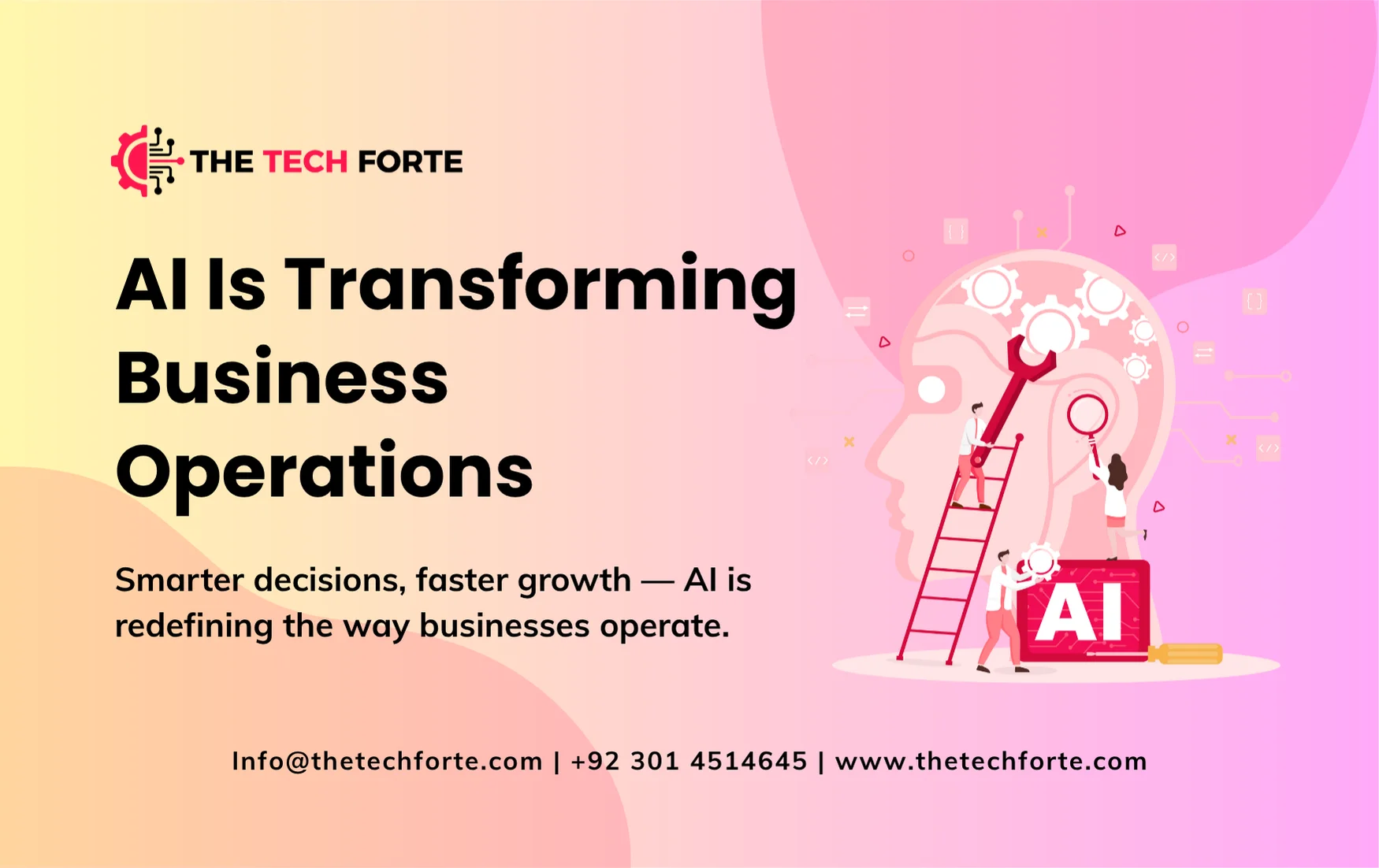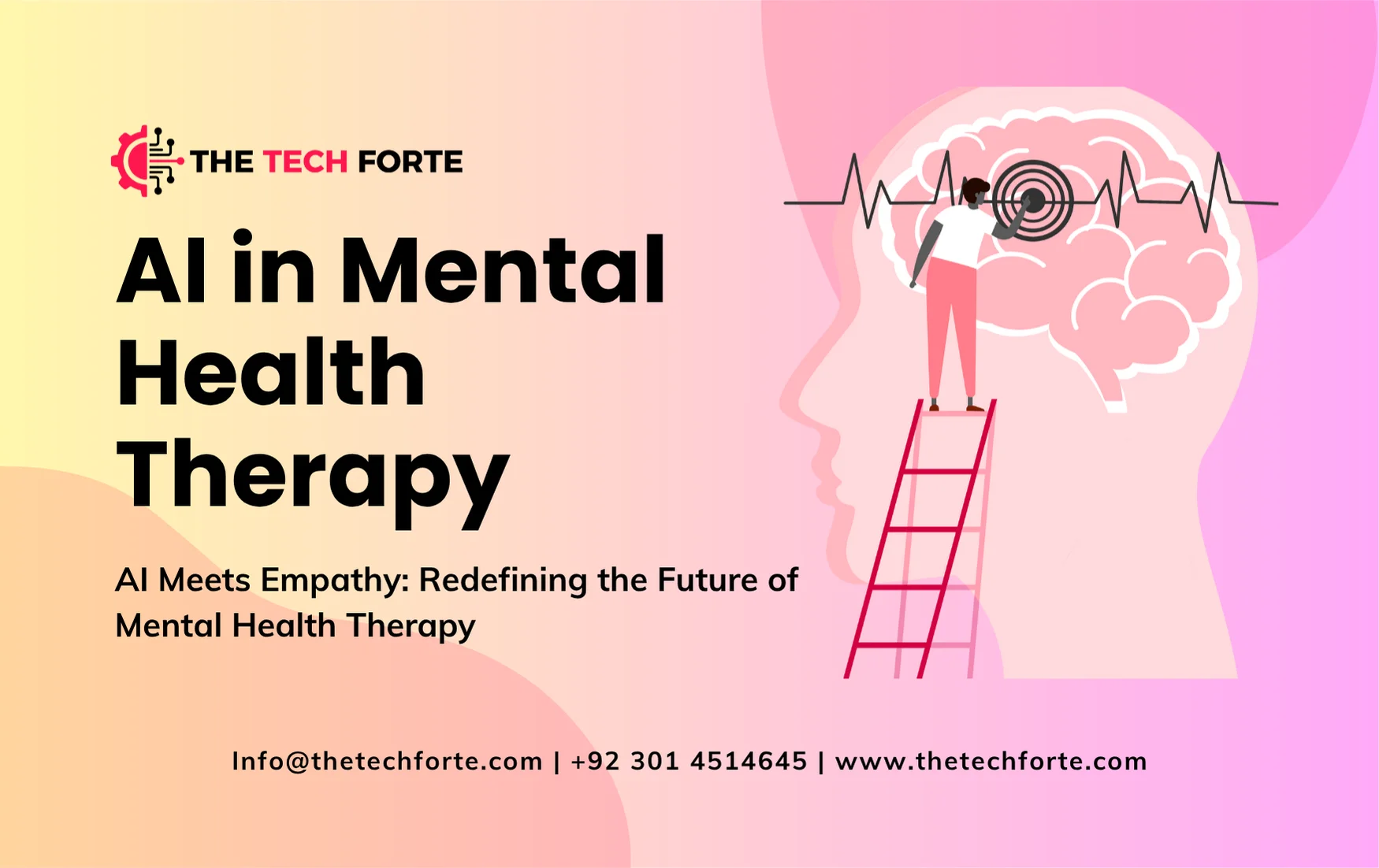
How AI Is Transforming Business Operations
Walk into any modern business today, and you’ll likely see artificial intelligence (AI) quietly working behind the scenes. It isn’t just powering big tech companies anymore; it’s helping restaurants plan menus, banks detect fraud, and logistics teams reduce fuel costs. Businesses that once relied on rigid structures are now rethinking their business operating model design to keep up with this AI-driven wave.
But here’s the interesting part: AI isn’t simply about automation. It’s changing how decisions are made, how employees collaborate, and even how future leaders prepare their business plan. This article explores those shifts — through practical examples, missed opportunities, and real scenarios where AI is leaving a mark.
From Manual to Intelligent Operations
For decades, business operations were mostly human-led, relying on paperwork, meetings, and “gut feeling.” Companies leaned on basic software for business operations, like spreadsheets or accounting tools. Then came ERP systems, which helped standardize processes.
Now, AI goes a step further. Instead of just recording data, it interprets it. Imagine a supply chain where a system predicts shortages before they occur rather than only records inventory. Or consider HR, where an artificial intelligence tool can identify the top ten candidates in minutes instead of manually screening 500 resumes.
This change is compelling leaders to reevaluate their processes and, in many instances, bring on corporate operations experts to oversee artificial intelligence integration in a way that complements human processes.
Reasons Companies Are Placing Bets on Artificial Intelligence
Companies aren’t investing in AI just because it’s trendy. They see clear benefits:
- Faster decision-making: Leaders can identify issues earlier.
- Reduced expenses: Minutes replace tasks that once took hours.
- Improved customer experience: 24/7 chatbots for tailored shopping recommendations.
- Scalable systems let operations expand without breaking the budget.
Take finance, for example. Banks use AI to monitor transactions in real time, something humans can’t do efficiently. Retail giants predict seasonal demand using AI, while healthcare systems rely on it to organize patient appointments more effectively.
Even small businesses are finding their way in. Using artificial intelligence tools could enable a group studying how to run a food truck company to find congested areas, forecast consumer tastes, and maybe avoid food supply problems.
Actual-World Examples of Business Processes Employing Artificial Intelligence
Many people link AI to robotic or futuristic labs when they hear about it. But in reality, it is considerably simpler and far more practical.
- Retailers depend on artificial intelligence to prevent overstocking or running out of goods. For instance, a modest garment business may monitor which goods consumers look at most and change inventory in response.
- AI-based sales projections that reveal what to prepare more of on a Friday night help food trucks and restaurants.
- By allowing artificial intelligence to handle patient lines, healthcare professionals shorten waiting times.
- Manufacturers use predictive systems that tell them which machine is likely to break down next week.
These are examples of business operations where AI isn’t just a fancy tool — it’s helping save money, time, and effort every single day.
AI and the Future of Business Operating Model Design
A business operating model is essentially the blueprint of how a company works. Until recently, it was fairly fixed: strategy → structure → process. With AI, that blueprint is now dynamic.
- Supply chains can adjust quickly if demand spikes.
- Marketing strategies shift instantly when customer data changes.
- Staffing models adapt to seasonal fluctuations.
This is why many organizations turn to business operating consulting services. They don’t just want to “add AI” — they want their operating model to be designed with AI at the core.
Jobs and People in an AI-Driven World
One concern leaders often have is whether AI will replace jobs. The truth? It’s creating new opportunities just as quickly as it automates old ones.
New job titles of business operations are emerging — like AI workflow manager, automation strategist, or digital transformation consultant. Even traditional roles are evolving. Added duties, such as managing AI-powered dashboards or including analytics in everyday planning, may now be reflected in a business operations salary for a manager. AI actually moves humans into positions where creativity and problem-solving are more appreciated rather than eliminating them.
Business Agreements and Planning with AI
AI isn’t just reshaping tasks — it’s even affecting the paperwork. A modern operation plan business plan should include sections on AI integration, data usage, and ethical considerations.
Even business operating agreement examples are changing. Companies are beginning to specify ownership of AI-driven intellectual property, responsibilities around data protection, and guidelines for how AI decisions are monitored. It’s a reminder that technology isn’t separate from strategy — it’s part of the foundation now.
The Software Driving Business Operations
Behind every AI-powered operation is software. Unlike traditional tools, modern platforms are intelligent and predictive.
Among some popular ones are:
- CRMs enabled with artificial intelligence (such as Salesforce Einstein) that suggest sales tactics.
- Applications for the supply chain that dynamically arrange delivery paths.
- HR recruitment platforms that match candidates to job descriptions.
- Analytics dashboards that show not just what happened, but what’s likely to happen next.
This evolution in software of business operations means that even small businesses can access insights that used to require expensive consultants.
The Role of Business Operation Specialists
A business operation specialist today is less about managing paperwork and more about managing intelligence. Their role often includes:
- Identifying gaps where AI could improve outcomes.
- Ensuring AI solutions align with the company’s overall goals.
- Training teams to use AI tools effectively.
- Continuously tracking results and refining processes.
They serve in many respects as translators, connecting technical instruments with practical corporate demands.
Obstacles Companies Encounter with Artificial Intelligence
Of course, adopting AI isn’t without its challenges. Companies usually struggle with:
- Implementation can seem daunting, particularly for smaller companies. Cost can be somewhat oppressive.
- The top priority still is customer data security.
- Skill gaps: Not all staff members find AI systems easy to work with.
- Cultural opposition: Change is challenging, and not all teams embrace fresh technology.
Many businesses often incorporate artificial intelligence slowly, combining it with training courses and open communication to get past obstacles.
Looking ahead, artificial intelligence is at the heart of operations
As artificial intelligence develops, its participation in operations will only increase. We might observe in the near future:
- Totally automated supply chains that change without human intervention.
- AI-driven operation plan business plan templates that adapt based on company data.
- Larger use of artificial intelligence by small companies, including those investigating how to run a food truck company or manage a little consultancy.
AI will be at the heart of company activities, shaping everything from recruiting tactics to consumer engagement, rather than being an add-on.
Conclusion
Artificial intelligence has moved from hype to habit in today’s business environment. From examples of business operation in retail and healthcare to tailored business operating model design in consulting, AI is reshaping how organizations think and act.
The key for leaders isn’t just adopting AI tools but embedding them thoughtfully into agreements, plans, and everyday workflows. As the role of the business operation specialist expands and as smarter software for business operations emerges, AI will continue to redefine how companies operate. The businesses that thrive won’t just “use AI” — they’ll build around it.





